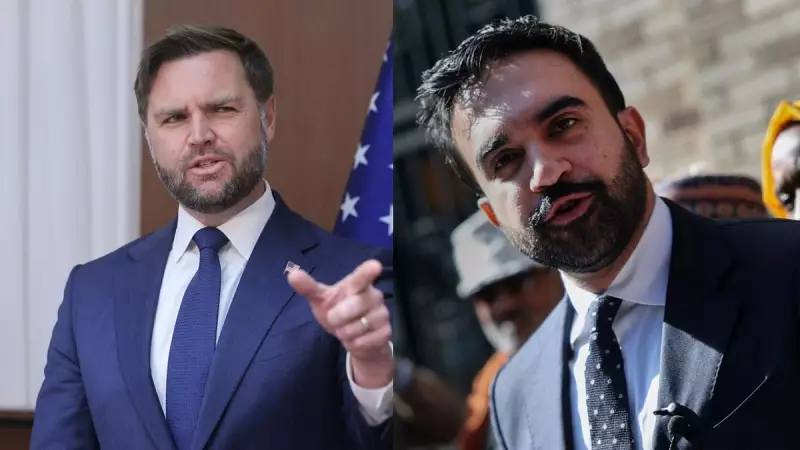
American politics witnessed another heated exchange as Republican Senator JD Vance launched a sharp critique against Columbia University professor Mahmood Mamdani regarding his comments about Islamophobia in the aftermath of the September 11 attacks.
The Controversial Remarks
During a recent academic discussion, Professor Mamdani, an esteemed political anthropologist, made observations about how the post-9/11 environment significantly intensified Islamophobic sentiments across the United States. His analysis pointed to systemic patterns of discrimination that emerged following the tragic events.
Vance's Strong Rebuttal
Senator Vance, known for his conservative stance, strongly objected to Mamdani's characterization. In his response, the Ohio senator argued that such framing oversimplifies complex security concerns and potentially undermines legitimate counterterrorism efforts.
"We cannot allow academic discourse to rewrite the reality of national security threats," Vance stated, emphasizing his position that the primary focus should remain on protecting American citizens from genuine dangers.
Academic Freedom vs Political Accountability
The confrontation highlights the ongoing tension between academic freedom of expression and political accountability in sensitive national discourse. Professor Mamdani, who has extensively studied colonial and post-colonial political systems, maintains that understanding the root causes of religious discrimination is crucial for building more inclusive societies.
Broader Implications
This exchange occurs amidst growing concerns about:
- The role of universities in political discourse
- Balancing free speech with national security concerns
- Addressing religious discrimination while maintaining security protocols
- The intersection of academic analysis and political rhetoric
The debate continues to resonate across political and academic circles, reflecting deeper divisions in how American society processes and remembers the impact of 9/11 on religious and ethnic communities.





